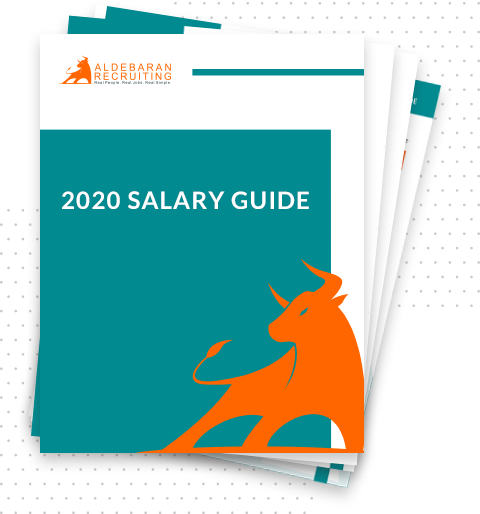Hiring managers can make a variety of mistakes during the hiring process. A mistake could be as simple as not knowing employment law, or it can be more serious, such as discriminating against a candidate on the basis of age or disability. Laws vary from job to job for example; teachers, property dealers, etc. have different laws and rights.
Sometimes a hiring manager’s frustration is understandable — job openings go unfilled for months, and often there are many qualified candidates to choose from. In many cases, hiring managers aren’t even aware that they have made a mistake until it’s too late and the damage has been done.
Here are some of the most common mistakes hiring managers make during the interview process:
1) Not having a written job description
Having a clear picture of the essential duties, skills and experience your next hire will need is critical to a successful hiring process.
2) Not examining the candidate’s resume in detail
A hiring manager should examine a candidate’s resume in great detail by asking probing questions about their education, work history and experience. If you can’t remember something from the candidate’s resume, make sure you follow-up with an email or phone call to verify the information. In addition, if there are more red flags on a candidate’s resume, bring them to the attention of the interviewers prior to your hiring decision.
3) Not checking references thoroughly
It’s worth contacting former employers or clients for recommendations since this may be something that doesn’t show up in an applicant’s background check. Reference calls are especially important if you’re hiring someone for a position with a high degree of trust, such as an elder care worker or healthcare professional. In addition to verifying the candidate’s dates of employment and job titles, you should also ask these questions about former employers:
-Was there anything I can improve upon?
-Was this person well thought of by their co-workers?
In some cases you might also want to ask these questions about former clients:
-What was this person’s role?
-How long did they work for you?
-Were they punctual in their attendance?
4) Not having clearly defined selection criteria
How do you know who is qualified for your open position? By defining clear selection criteria, you’ll be able to evaluate candidates objectively.
5) Not using all of your resources
If there are internal candidates for open positions, you should be training them to fill the role. There could also be other potential candidates who could bring a valuable perspective and experience your company needs. Network with local business associations and chapters in your field to find out who is available, and reach out to them through LinkedIn.
6) Not knowing employment law
There are specific laws that apply to different types of workers, depending on their age, national origin, etc. Knowing these laws will help you avoid using discriminatory language in job postings or conducting interviews in an unfair manner.
7) Hiring the wrong person
It’s inevitable that you’ll hire the wrong person at some point, even if you are well-trained in completing pre-employment checks. That doesn’t mean that you should give up though — sometimes all it takes is a little extra effort to keep everyone on track and moving forward. Ask yourself: “What could I have done better?”
Hiring managers might not always know if they’ve made a mistake during the hiring process. It’s important to pay attention to your gut feelings and be willing to trust them. So if you feel like something is off about an applicant or their application — ask yourself why! If it feels wrong, there’s a reason for it.
How to correct mistakes?
In some cases, hiring managers might not be able to “take back” a mistake that has been made. In those cases, it’s important to know how to handle the situation as gracefully as possible.
For example, let’s say you’re working on filling a critical role and have already passed over an internal candidate for someone else — even if it was a mistake, you can’t necessarily take back that decision.
Here are some things to do if you make a hiring mistake:
– apologize for the error and let them know that they will be given first dibs on future openings
– put yourself in their shoes
– be as thoughtful as possible with your explanation of why they weren’t hired
– if applicable, offer them a position in another department for which they might be better suited and give them a clear explanation of why it’s still a valuable opportunity
– assure them that their application will be kept on file for any future openings where they could really thrive
Closing thoughts:
It’s okay to make hiring mistakes. What matters most is that you learn from them, and are ready to move on when the time comes. Your next hire can certainly benefit from your experiences in making hiring mistakes in the past.



